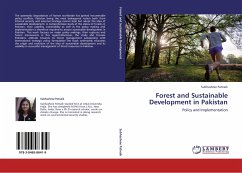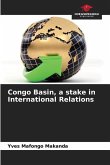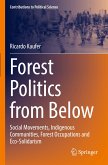The relationship between the International Forests Regime (IFR) and Forest-Related Policies (FRPs) is a frequently addressed issue in tropical forest management, yet the lack of rigorous research has led to a number of misconceptions. This book aims to analyse this issue from a public policy perspective and test a number of theoretical approaches to explaining change in public policy. In a bid to shed light on the mechanisms that underlie variations in policy change, a new heuristic concept known as network projections is elaborated. This model reveals the IFR as a plural and fragmentary entity which has often led to it being perceived as ineffective. It also helps to break down the history of Brazilian, Cameroonian and Indonesian FRPs and explain them according to the direction of change. Above all, the network projection model shows that the national sphere continues to be by far the main source of change in national FRPs. This thesis is the first to investigate the relationship between the IFR and FRPs on a global scale and in depth, and with a balance of field-based data and policy theory, it is aimed at environmental policy practitioners, analysts and theorists alike.
Bitte wählen Sie Ihr Anliegen aus.
Rechnungen
Retourenschein anfordern
Bestellstatus
Storno








